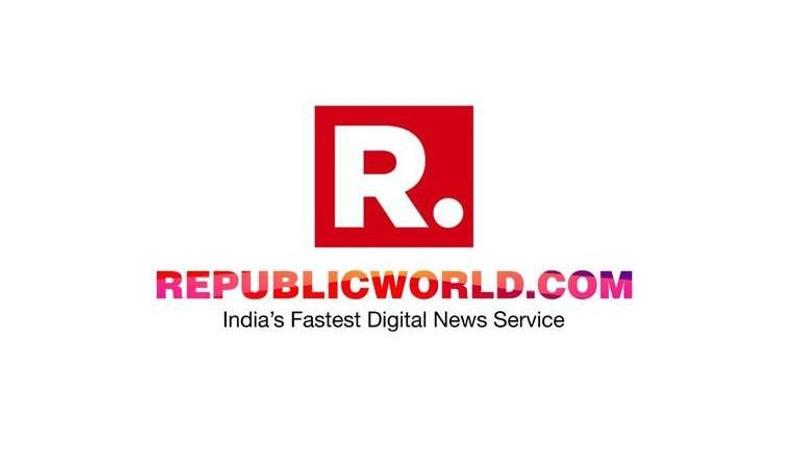Published 14:25 IST, October 21st 2019
Lebanon: Hariri agrees for reforms to to resolve economic crisis
Lebanon's Prime Minister Saad-al Hariri has agreed for a package of reforms with government allies to deal with economic crises affecting Lebanon.

Lebanon's Prime Minister Saad-al Hariri has agreed on Sunday for a package of reforms with government allies to deal with economic crises that have sparked protests demanding the ouster of a political class they allege is riddled with corruption and cronyism. The decision comes after hundreds of thousands of protester flooded the streets nationwide in, what might be called, the biggest display of dissent in decades.
The reform package
Leader of a coalition government battling sectarian and political rivalries Hariri granted his coalition partners a 72-hour deadline on Friday to agree on reforms that can dissipate crises hinting that he may resign otherwise. He announced the same on Twitter which in English reads: 72 hours.
Hariri has accused his opponents of causing hindrance in his reform measures which can help unlock $11 billion in Western donor pledges and help avert economic collapse.
The reforms will require decisions of cutting salaries of current and former presidents, ministers, and MPs by 50% and cuts in benefits to state institutions and officials. It also requires central and private banks to contribute $3.3 billion for a near-zero deficit goal as part of the 2020 budget. The plan also includes privatising the telecom sector and an overhaul of the pricey but crumbling electricity sector which is a threat to the country's diminished finances. According to reports, the Cabinet will meet at noon on Monday at the presidential palace to approve the reform package.
IMF's urge to rebalance Lebanon's economy
Reports suggest that without any foreign funding, a currency devaluation or a debt default will be imminent within months. Last week the International Monetary Fund (IMF) had said that Lebanon's crisis requires strict austerity measures like tax hikes and levies on fuel, something which the country's leaders have publicly said will not take.
Lebanon's economy had registered growth of just 0.3 percentage points last year. The IMF has said that reforms are needed to arrest the country's ballooning deficit and public debt which it forecasted to reach 155% of GDP by the year-end. The officials revealed that budgets will not include taxes or fees after the decision to put a tax on WhatsApp calls unleashed a massive protest.
The reforms have called for establishing new regulatory and transparecny bodies within a short period of time to supervise reform plans.
(With inputs from agencies)
Updated 16:21 IST, October 21st 2019




